The basis of Indian society was a sort of realistic idealism. The practice of life was made to agree with its philosophy, there was no partition wall in the Indian mind between the secular and the spiritual, which were peculiarly blended into a harmonious whole. In his relation to the rest of society, the individual, according to the Indian scheme, lays stress upon his duties-his Dharma by which he is to secure his own advancement, and thus may be distinguished from the European, who emphasized his rights. The most salient feature of Indian social tradition is its long and unbroken continuity. India has received peoples from outside for thousands of years, but this age long contact of varied cultures has never resulted in a conflict so severe that one culture attained survival by the complete annihilation of the others. As a field study, comparative study is as old as politics, ever-since man became conscious of its environment and felt interested in studying his environment and institutions. He also became interested in studying how other men were living in different society and which way of living was better than the others. As a part of this exercise, the students of politics naturally started studying and comparing the governments and political institutions of various societies. Their endeavour came to be characterised as comparative government which, with the passage of time, came to be developed into a science of comparative politics. This Encyclopaedia of Modern Indian Political System is unique in all manners. This will prove a useful source of information to researchers, teachers and librarians.
Encyclopaedia of Modern Indian Political System (In 3 Volumes)
In stock
Free & Quick Delivery Worldwide
reviews
Bibliographic information
Title
Encyclopaedia of Modern Indian Political System (In 3 Volumes)
Author
Edition
1st ed.
Publisher
Alfa Publications, 2008
ISBN
8189913724
Length
984p.
Subjects

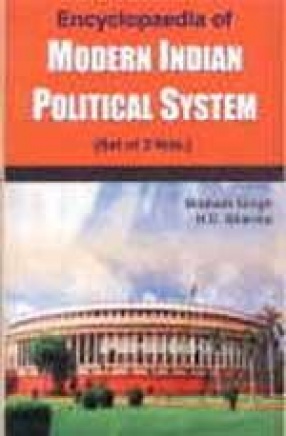
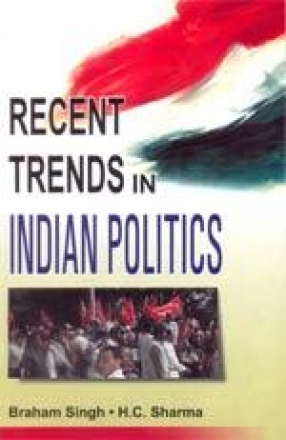
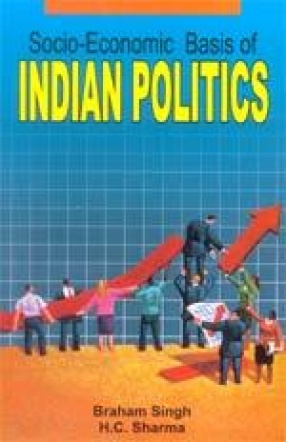
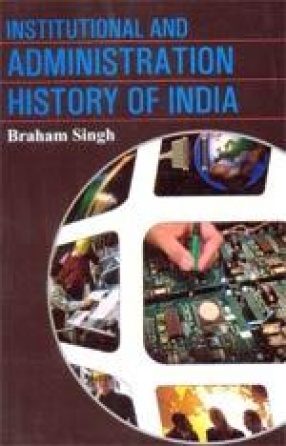
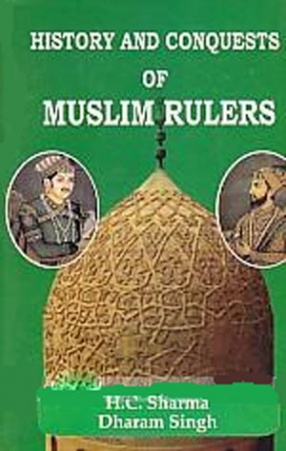
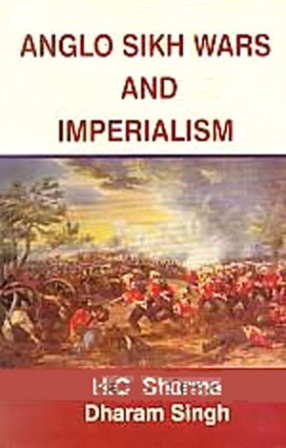
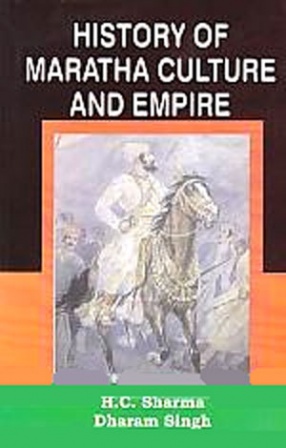
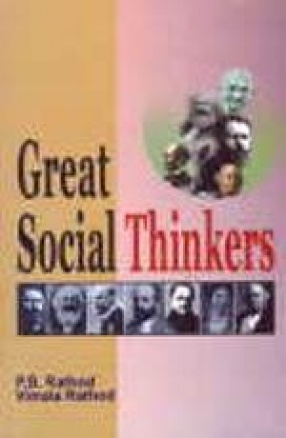
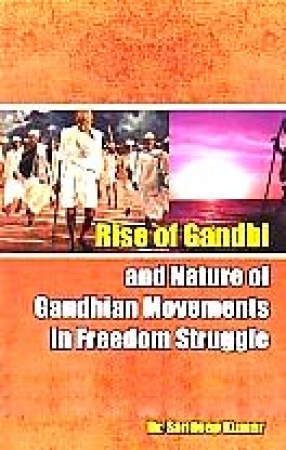
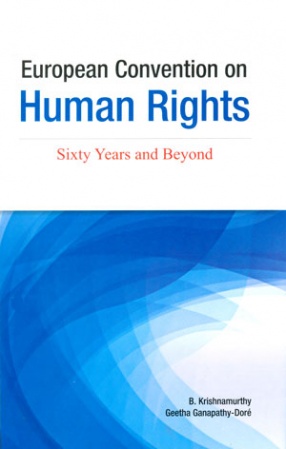
There are no reviews yet.